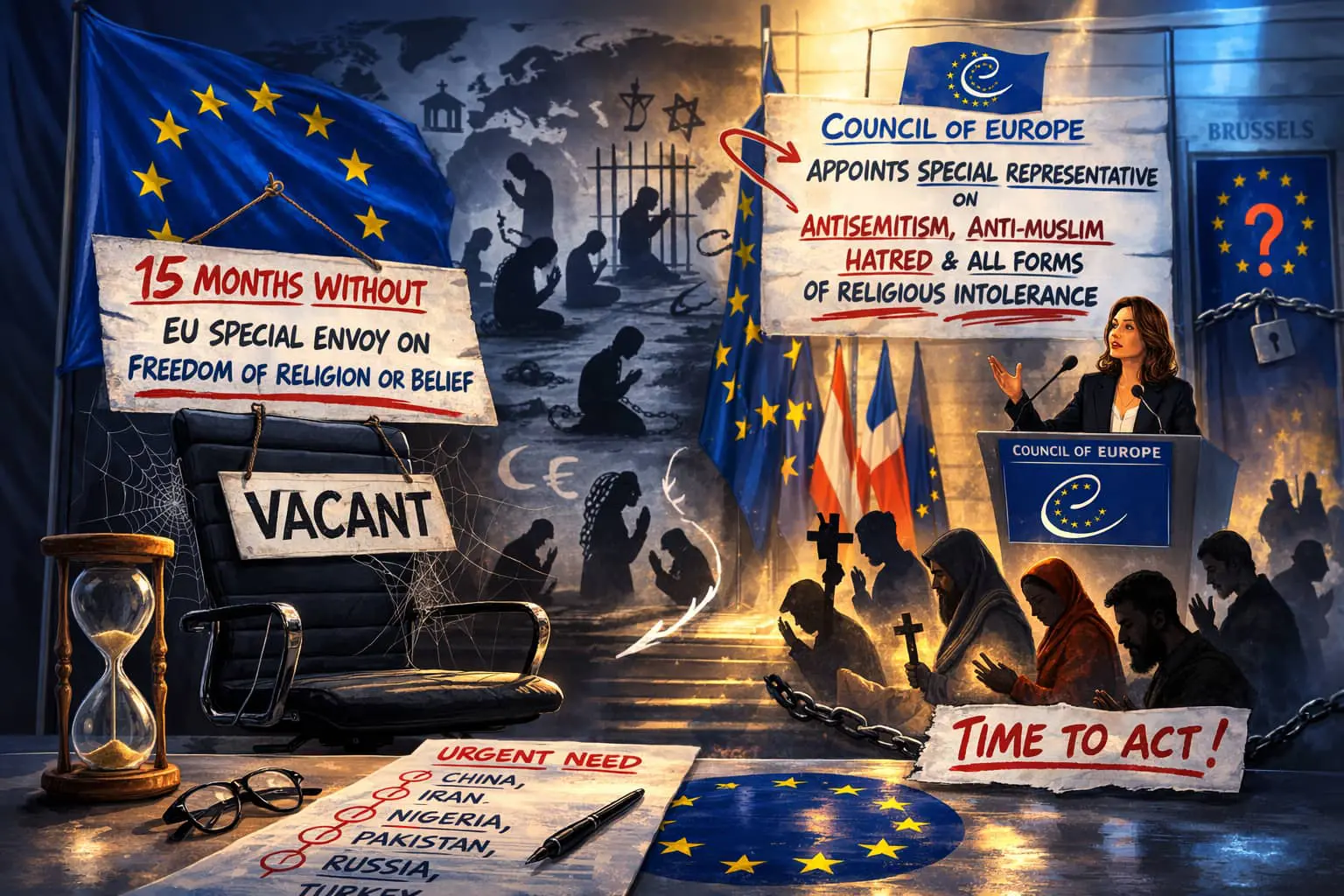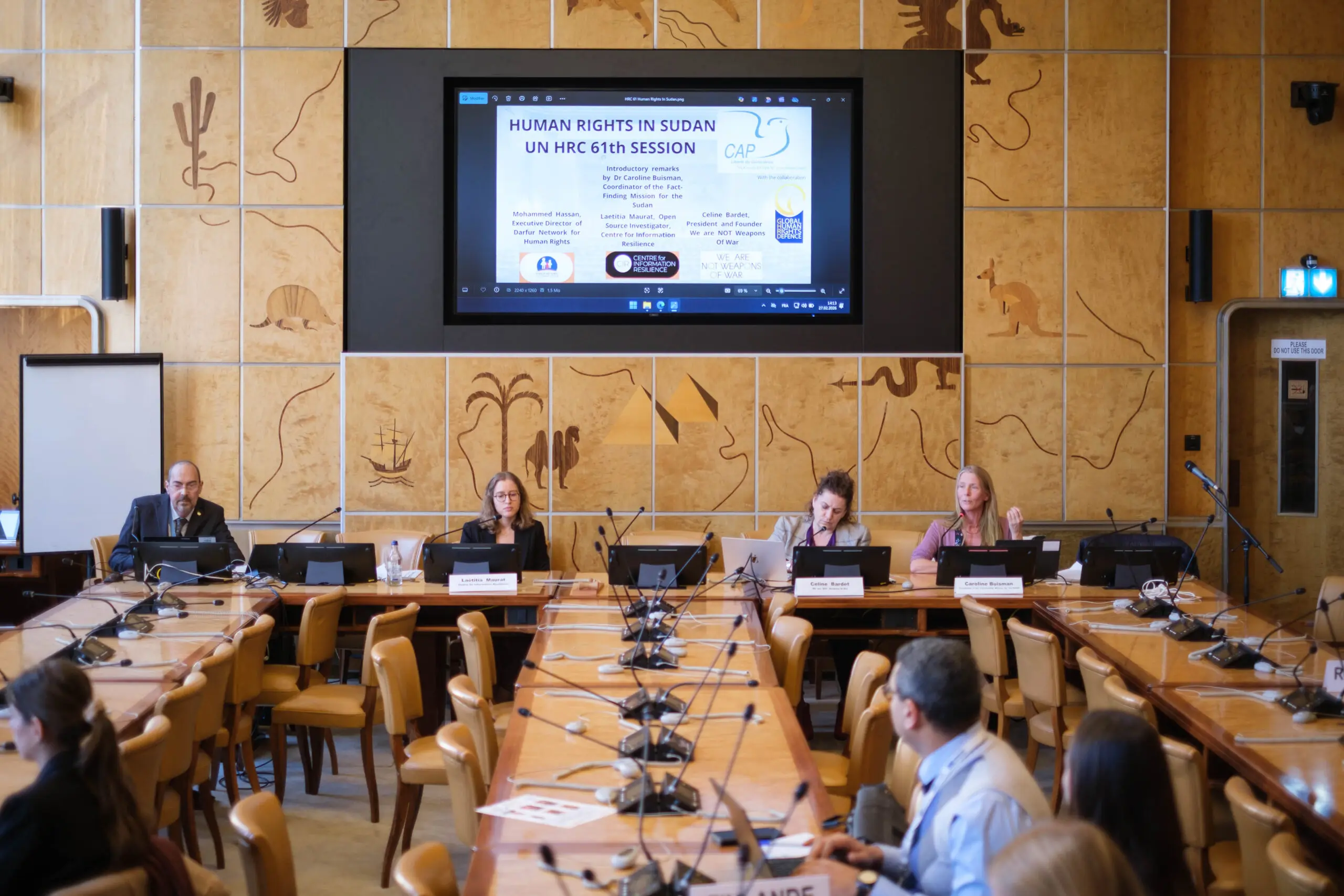New product liability rules have entered into force, reflecting the increasing digital features of products and the growing circular economy.
The EU’s product liability regime was established in 1985 to compensate those who have suffered physical injury or property damage due to a defective product. Since then, technological developments, new circular economy business models and ever-more global supply chains have made updating the rules essential.
The new rules explicitly cover products like software, AI systems or product-related digital services. These changes benefit both consumers and manufacturers. Consumers will find it easier to claim damages in court, while manufacturers will benefit from clear rules for digital products and circular economy business models. Additionally, harmonised liability rules across the EU will help to reduce business costs and give businesses the certainty they need to invest in innovative products.
These new rules also take into account the increasing number of products on the EU market that are manufactured outside the EU, by ensuring that there is always an economic operator within the Union from whom a victim can claim compensation. Finally, this provision also applies to products sold through online platforms.
Product safety in the EU
Product safety remains a top EU priority, to protect consumers, foster innovation, and ensure a fair and competitive single market. Product safety laws make sure that all goods sold within the EU single market meet stringent safety, health, and environmental standards.
The General Product Safety Directive applies to non-food products and all sales channels. It establishes specific obligations for businesses to ensure that all consumer products in the EU are safe. Many products require CE marking that confirms they are EU compliant before they can be sold. If a product is deemed unsafe, alerts are issued through Safety Gate, a rapid alert system allowing EU countries to share information on dangerous non-food products, enabling swift corrective actions.
When it comes to food products, the EU has some of the highest standards of food safety in the world. These are regulated by the General Food Law, and supported by the Farm to Fork Strategy which ensures food systems are fair, healthy and environmentally-friendly.
For more information






